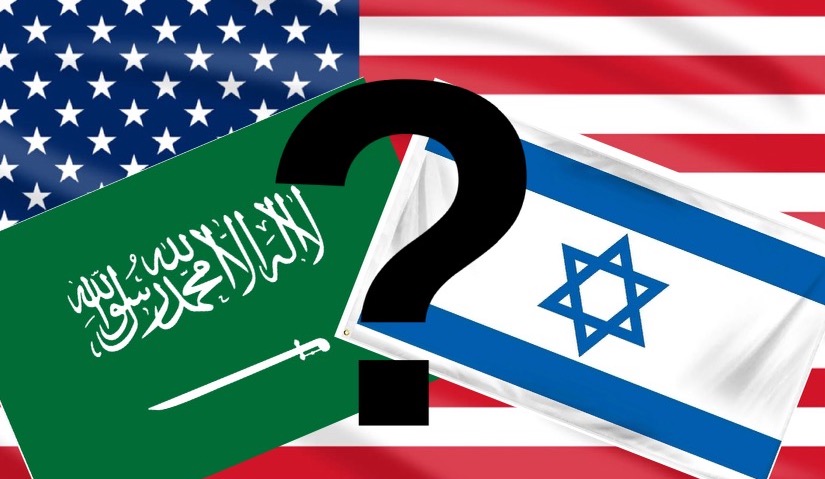On August 9, 2023, it was announced that Saudi Arabia and Israel would begin peace discussions administered by the United States Bureau Of Near Eastern Affairs. Saudi Arabia declared that they would seek additional concessions to what was offered to the United Arab Emirates three years prior during their negotiations with Israel. In exchange for Saudi Arabia’s recognition of Israel as a state, the U.S. has agreed to help Saudi Arabia develop a civilian nuclear program and sign a defense pact.
On September 18, many speculated that Saudi Arabia halted negotiations. A reporter for Elaph, an Arab newspaper, expressed that Saudi Arabia’s decision to pause deliberations emerged from Israeli Prime Minister Bibi Netanyahu’s extremist government’s failure to provide safety to Palestinians. The article in Elaph singled out right-wingers Betzalel Smotrich and Itamar Ben-Gvir for their insistence on the matter. The report added that without progress in Ramallah, a city in Judea and Samaria and the de facto Palestinian capital, there could be no progress in Riyadh.
Both the U.S. and Israeli governments denied reports that talks were halted. The Bureau of Near Eastern Affairs stated in a press release: “The United States remains committed to… active diplomacy aimed at Israel-Saudi normalization. Talks are ongoing, and we look forward to further conversations with both parties.”
Former Deputy Foreign Minister Danny Ayalon said that he did not see “any possibility of fruition from the start.” He explained that Israel, Saudi Arabia, and the U.S. were interested in talks for their respective political gain but not enough to come to an agreement. Ayalon argued that the Israeli government should make concessions to Palestinian authorities as “the Palestinians are not an existential threat to Israel.” Iran is, though, he claimed. Therefore, if Israel were to establish good relations with the Saudi government, it would be well worth it, for such an agreement would lay the foundation for an alliance against Israel’s arch-nemesis, Iran.



